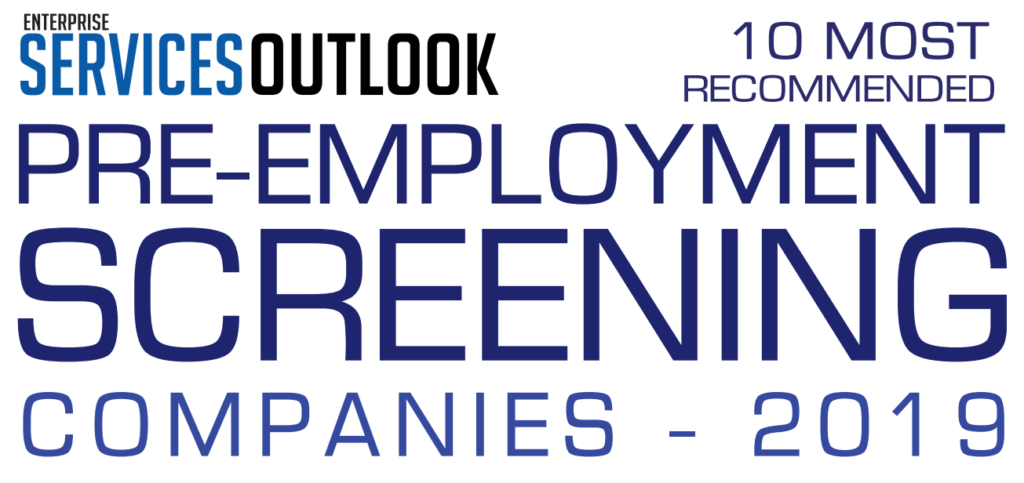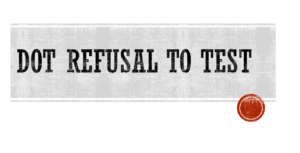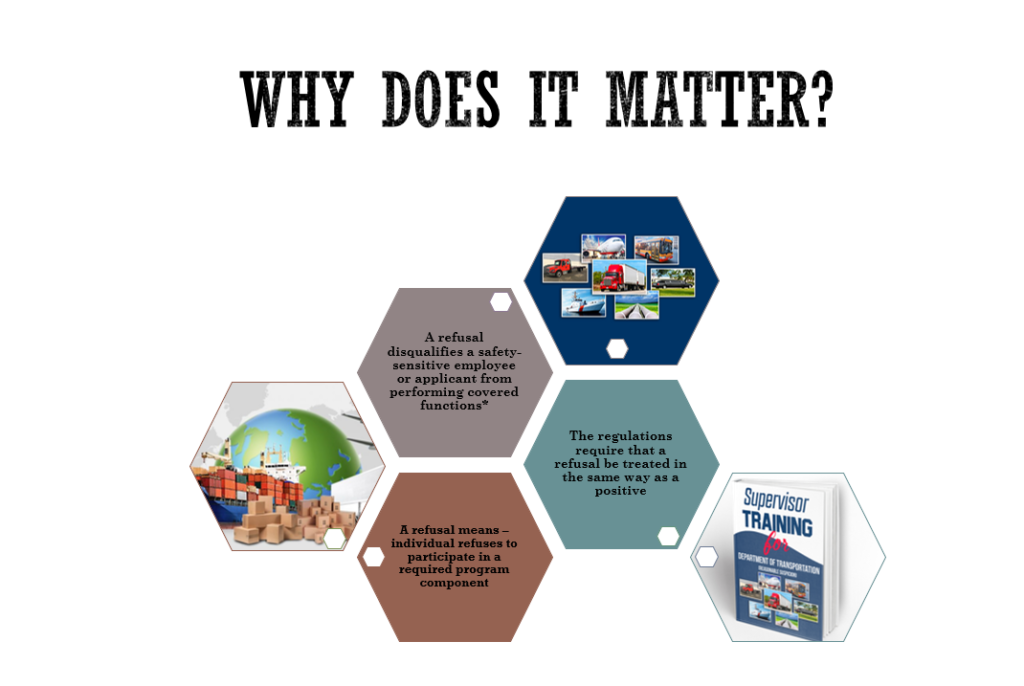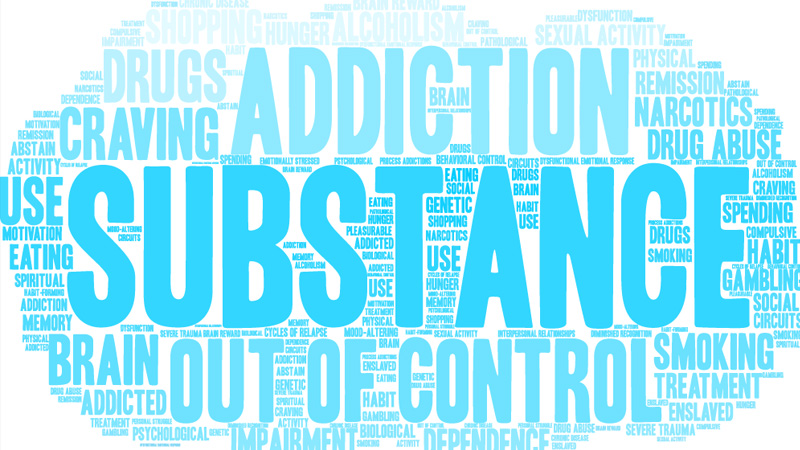What Happens If I Refuse a DOT Drug Test?
Drug Test Panels
Teen Drug and Alcohol Abuse
Drug Usage During Pregnancy
Is pre-employment marijuana testing coming to an end?
ADT President James A. Greer featured in OH&S article
Marijuana in the Workplace
This is the question that many people ask due to the rise in recreational and medical marijuana. With many states beginning to legalize the drug it has has caused many issues in the workplace for employees and employers. The controversy is that employers have to ask themselves is marijuana use affecting job safety and should it be allowed even with a prescription?
Marijuana Controversy
Christine Clearwater, president of Drug-free Solutions Group, specializes in substance abuse prevention in the workplace. She says marijuana legalization should not lead to more lenient employer drug policies. She also states that, the highly politicized battle over marijuana laws can drown out statistics employers need to be aware of:
- Car crashes involving marijuana went up 300% between 2010 and 2013, and they continue to rise as more states legalize the drug
- Marijuana is 10 to 20 times stronger today than it was in the 1960s and ’70s
- Marijuana is an addictive drug
It is very important for employers to issue a drug policy based on the safety of employees, not based off of legal or ethical concerns. Having a drug policy in tact is a very important business decision, it ensures that the employer will not be held accountable over an employee under the influence in the workplace. Accredited Drug Testing offers Drug Free Work Place policy's customized the each company and their needs.
Marijuana And Job Safety
The substance THC in marijuana affects many necessary job related skills such as, perception, reaction time, coordination and more. Many people with safe-sensitive positions such as, operating machinery or company vehicles are at a higher risk if under the influence.
According to a study reported by the National Institute on Drug Abuse, employees who tested positive for marijuana had 55% more industrial accidents, 85% more injuries and 75% greater absenteeism compared to those who tested negative. Also impacting the workplace:
- Decreased productivity
- Increased worker compensation and unemployment compensation claims
- High turnover
- Lawsuits
These are the top 4 things that employers don't want or try to avoid. About 1/6 employees has a substance abuse problem. This is why a Drug Free Workplace policy is crucial, not only helps the employers but also helps keep the safety of all employees.
Challenges Of Medical Marijuana
Many medical marijuana-using employees have legally challenged their employers due to a positive drug test result, even when they are prescribed for it. Some states such as, Connecticut, Illinois, Maine and Rhode Island, protect employee rights against disciplinary action for medical marijuana use. However, marijuana is still illegal according to federal law, which classifies it as a Schedule I drug with no accepted medical use and a high potential for abuse. Federal law supersedes state law. Important things to know about medical marijuana:
- The Americans with Disabilities Actalso sides with the employer when it comes to medical marijuana
- Most states will not pay worker compensation to an employee who was under the influence at the time of an accident
- Most state health insurance programs will not pay for medical marijuana.
Drug Free Work Place Tips
Marijuana is the most frequently used drug of abuse in the United States and the drug most often detected in workplace drug testing. In 2014, about 6.8 million adults ages 18 to 25 (19.6%) and about 13.5 million adults ages 26 and older (6.6%) used marijuana. A solid workplace drug policy can go a long way to keeping a company drug-free.
- Issue quarterly random drug tests to employees, that way you ensure the employees are drug-free all year round.
- Expand the drug testing panel more than just the 5-panel standard. You can even customize your own panel.
- Offer hair drug test instead of a urine drug test to ensure more accurate results and a further detection period.
- Lastly, make sure to have a strong policy enact that management can enforce.
The health and safety of employees is dependent on the employer, therefore it is the employers responsibility to provide a Drug Free Work Place Policy. Everything you need listed above can be provided by Accredited Drug Testing. Visited accrediteddrugtesting.com for more information or call 800-221-4291.
Federal Government Employee Shutdown
Free Test Program
Terms and Conditions
Accredited Drug Testing understands that many Federal Government employees have been required to seek other private employment opportunities due to the Federal Government Shutdown. In an effort to assist those Federal Government Employees with the financial hardship incurred, Accredited Drug Testing will provide any Federal Government current employee one drug or alcohol test at no charge when required to self-pay by an employer.
The following conditions apply:
- Employees eligible to receive this free test must be current Federal Government Employees and must scan or fax proof of Federal Government Employment (Pay stub, Federal ID).
- Drug or alcohol tests may be scheduled for the following purposes: pre-employment, random, post-accident. This program will not apply to reasonable suspicion testing.
- Tests may be scheduled at available testing centers Nationwide (in-network).
- Federal Government Employees who have been required to seek full or part-time employment from non-government agencies may utilize the free test provided they have shown proof that they are a Federal Government Employee affected by the Government shutdown and required to self-pay for the test.
- Free testing only applies to urine and breath alcohol methods. Hair testing will be discounted by 50% of the standard fee, if required. No other discounts are provided for other testing methods or services.
- All terms and conditions are final, and this program has no cash value and Accredited Drug Testing reserves the right to make all final decisions regarding eligibility. This program and offer will end upon the reopening of the United States Federal Government ( shutdown ends).
To schedule a drug or alcohol test in conjunction with this program, please call 1-800-221-4291.
It is our hope that all Federal Government Employees return to work soon, and this program will assist in some small way.
James A. Greer, CPCT
President/CEO
Accredited Drug Testing, Inc.
DOT Drug and Alcohol Consortium

Random Drug and Alcohol Consortium
RANDOM DRUG & ALCOHOL TESTING PROGRAM
(As required by 49 CFR Part 40)
FOR
| Federal Motor Carrier Safety Administration (FMCSA) | United States Coast Guard (USCG) |
| Federal Aviation Administration (FAA) | Federal Railroad Administration (FRA) |
| Pipeline & Hazardous Material Administration (PHMSA) | Federal Transit Administration (FTA) |
Accredited Drug Testing Inc (ADT) serves as a consortium / third party administrator (C/TPA) which manages the entire random pool/Consortium for DOT regulated companies and DOT covered safety sensitive employees. The random testing consortium is cost effective and complies with all requirements of DOT 49 CFR Part 40 which mandates that all safety sensitive employees be enrolled in a random drug and alcohol testing program.
The Department of Transportation (DOT) has strict regulations requiring regulated companies and independent operators (CDL License Holders) be a member of a random drug and alcohol testing program and failure to comply with these regulations can result in significant fines and other DOT sanctions.
The Accredited Drug Testing Consortium ensures compliance with DOT specific agency regulations and customer service is our number one priority. Our staff specializes in all DOT random drug and alcohol testing requirements and we are committed to serving our random consortium members in need of a pre-employment drug test, random drug test or breath alcohol test.
A DOT drug test is a 5 panel urine test and all DOT drug tests require a Federal Chain of Custody form, this is a special 5 page form which must be used when a DOT drug test is administered. Accredited Drug Testing provides all members of our consortium a package of Federal Chain of Custody Forms to be used when taking a DOT drug test.
When joining a random drug testing consortium, it is important that the Consortium staff be fully knowledgeable of all DOT regulations regarding 49 CFR Part 40 and the DOT random drug and alcohol testing requirements. Accredited Drug Testing Inc prides itself on providing accurate and professional information and services regarding the DOT random drug and alcohol testing requirements.
Each DOT Agency along with the USCG has specific regualtions regarding the implementation of a random drug testing program. For more informaiton regarding your specific agency, please visit the following regulations.
-
FAA- Aviation – 14 CFR Part 120, Subpart E, section 120.109(b)
14 CFR Part 120, Subpart F, section 120.217(c) - FMCSA- Motor Carrier – 49 CFR Part 382.305
- FRA -Railroad – 49 CFR Part 219.601 and 219.607
- FTA -Transit – 49 CFR Part 655.45
- PHMSA – Pipelines – 49 CFR Part 199.105
-
USCG – Maritime – 49 CFR Title 46 Part 16.230
- NOTE FRA requires emplyers to submit their random plans for approval
Accredited Drug Testing Inc is fully versed in the DOT procedures for pre-employment drug testing, random drug testing, reasonable suspicion drug testing, post accident drug testing, return to duty drug testing and follow up drug testing.
When you and your company are enrolled in the Accredited Drug Testing random testing consortium, your company will receive a Certificate of Compliance (email and U.S Mail) and when any of your drivers or other safety sensitive employees are selected for a random test, the DER (designated employer representative) or you, the independent operator will be sent an email and a phone call will be made to ensure that you and your employee are aware of the selection, provided the closest testing center location and any assistance needed to ensure compliance with the DOT random drug or alcohol test process.
Please Note- If you are currently being audited/inspected or found to be in violation by the Department of Transportation (DOT) and you are calling to join the random testing consortium or schedule a DOT drug or breath alcohol test, please advise the Accredited Drug Testing staff who specialize in DOT compliance related issues.
Accredited Drug Testing, random testing consortium Easy, Cost Effective with Immediate Compliance!
For immediate compliance with DOT’s random testing requirements or to schedule a DOT drug or alcohol test call Accredited Drug Testing at (800)221-4291.
Accredited Drug Testing Inc has a special Compliance Package for independent operators (CDL License holders) and other DOT regulated companies.
Complete Compliance Package Independent Operators/Small Companies Includes:
- Pre-employment or Random drug test,
- Consortium Membership (First Year)
- Supervisor Training
- DOT Drug & Alcohol Policy
- Certificate of Enrollment
Additional DOT Drug tests may be ordered at a discount when purchasing the complete compliance package.
Call Accredited Drug Testing for additional information and fees (800)221-4291.
To Review DOT 49 CFR Part 40 Regulations- CLICK HERE
Who's Covered?
|
|
|
|
|
|
Additional companies/operators subject to DOT Drug & Alcohol Testing
|
|
|
|
DOT Random Drug & Alcohol Testing
The Department of Transportation (DOT) requires that all covered employees be enrolled in a random testing program. The selection of any covered employee must be made by a computerized selection process and any covered employee selected for a drug and alcohol test must immediately proceed to take the test once notified.
The Department of Transportation (DOT) determines the percentages that each consortium must select for a drug & alcohol test. As an example the FMCSA Consortium must select 25% of its members for a drug test annually and 10% for an alcohol test.
The Accredited Drug Testing Inc random testing program notifies covered employees by email and a phone call and provides the location of the closest testing center for the covered employee to go and take their drug and alcohol test.
Failing to take a random drug or alcohol test once selected can result in substantial fines and penalties by the Department of Transportation (DOT).
Accredited Drug Testing Inc provides a random testing consortium for covered employees who are required to comply with DOT random testing requirements.
Random Testing Requirements For Each Federal Agency DOT Consortium
- FMCSA Federal Motor Carrier Safety Administration 25% drug and 10% alcohol
- FAA Federal Aviation Administration 25% drug and 10% alcohol
-
FRA Federal Railroad Administration 25% drug and 10% alcohol
- MOW (Maintenance of Way) 50% drug and 25% alcohol
- FTA Federal Transit Administration 50% drug and 10% alcohol
- PHMSA Pipeline and Hazardous Materials 50% drug
- USCG United States Coast Guard 50% drug
DOT Consortium Employee List Revisions
DOT Post Accident Drug & Alcohol Testing
The Department of Transportation (DOT) requires that any covered employee immediately proceed to take a drug and breath alcohol test in the event of an accident which falls under the DOT post accident drug and alcohol testing requirements.
When possible the covered employee can contact Accredited Drug Testing Inc and the drug and alcohol test can be conducted at a testing center close to where the accident occurred, however on many occasions a post accident drug and alcohol test will require an on-site/mobile drug testing service which can be provided by Accredited Drug Testing Inc.
DOT Reasonable Suspicion Supervisor Training
The Department of Transportation (DOT) requires that all DOT regulated companies educate and train all supervisors in how to detect employees under the influence of illegal drugs or alcohol.
Supervisors must be trained to in accordance with agency specific requirements to enable supervisors to determine whether reasonable suspision/cause exists and whether or not a test is required based on the trained supervsors observations.
Accredited Drug Testing Inc provides a supervisor training course which is web based and which will provide a Certificate of Completion at the conclusion of the course. The course is approximately 3 hours in length and maybe accessed at anytime.
DOT Drug & Alcohol Policy
The Department of Transportation (DOT) requires that any regulated company with two or more employees holding safety sensitive positions covered by 49 CFR Part 40 must have a written DOT Drug & Alcohol Policy and all employees must be provided a copy of the policy. Companies must comply with all requirements listed in the DOT drug and alcohol policy.
Accredited Drug Testing Inc specializes in the development and implementation of a DOT Drug & Alcohol Policy Call Accredited Drug Testing at(800)221-4291
DOT Additional Requirements/Information
The Department of Transportation only recognizes and authorizes a 5 panel urine drug test and a breath alcohol test for compliance with 49 CFR Part 40.
The Department of Transportation (DOT) requires that a Federal Chain of Custody Form (5 Page CCF) be used with all drug screens and that all breath alcohol testing devices be approved by the DOT.
The staff of Accredited Drug Testing Inc are certified and trained in DOT drug specimen collections and DOT breath alcohol testing.
DOT Audits/Inspections
The Department of Transportation (DOT) regularly conducts DOT Audits to ensure compliance with 49 CFR Part 40. These audits can occur due to being recently issued a DOT License (New Entrant) or complaints have been filed against the company or a follow up audit due to previous violations.
When a DOT audit/inspection occurs the following primary factors are considered,
|
|
|
|
|
|
DOT Physicals
The Federal Motor Carrier Safety Administration (FMCSA) requires that all drivers holding a CDL License must successfully pass a DOT physical to be issued a CDL Medical Card. The Medical Card is valid for 24months and must be renewed every 2 years with a new physical.
Accredited Drug Testing Inc provides DOT physicals nationwide at most drug testing centers and our affiliated medical facilities. All DOT Physicals are administered by an examiner trained and certified by the FMCSA.
Accredited Drug Testing Inc is your one stop shopping for all DOT Drug Testing and DOT Breath Alcohol Testing.
To join the random testing consortium or schedule your DOT Drug Test or DOT Alcohol Test Call, (800)221-4291
Specializing in DOT drug and alcohol Consortium regulations.










